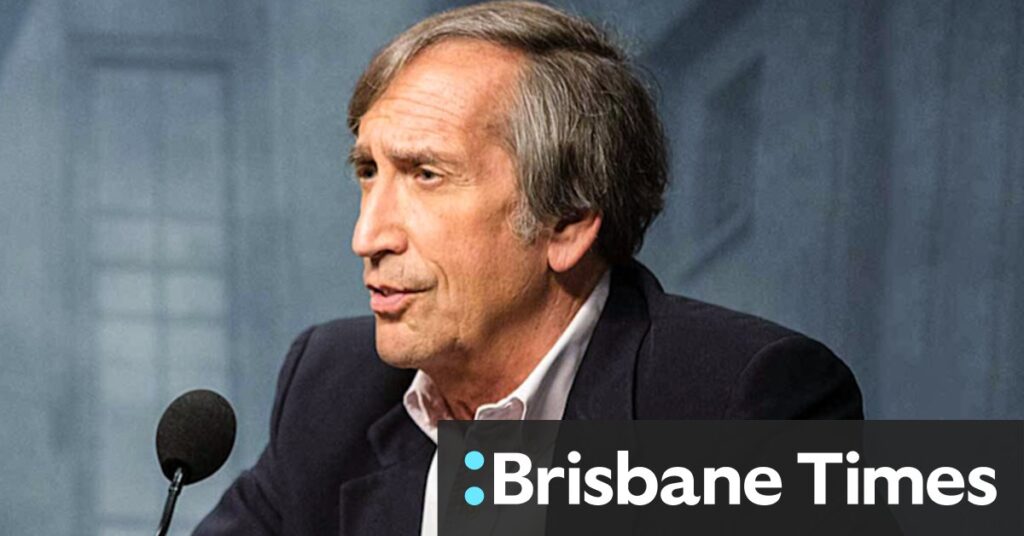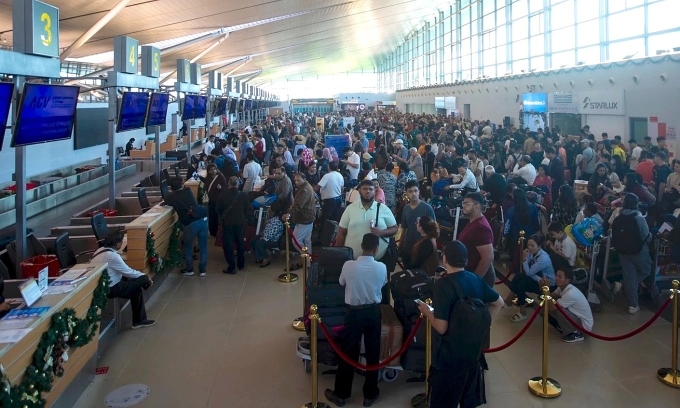
US Secretary of State Marco Rubio has criticized France’s decision to recognize Palestine, suggesting it emboldened Hamas in negotiations over a ceasefire in the ongoing Gaza conflict. Rubio’s comments come as Australian Prime Minister Anthony Albanese expresses a desire for Australian recognition of Palestine to transcend mere symbolism. “It doesn’t matter, and it will have no impact,” Rubio stated, questioning the effectiveness of such recognitions by countries like Britain, France, Germany, and Canada.
France, the United Kingdom, and Canada have announced plans to recognize Palestine at the upcoming United Nations General Assembly in September. However, German Chancellor Friedrich Merz has refrained from such recognition, opting instead to impose an embargo on weapons sales to Israel. Rubio’s skepticism highlights a broader debate over the strategic value of recognizing Palestine at this juncture.
Global Reactions and Domestic Implications
The Australian government’s stance appears to be influenced by both domestic politics and moral considerations regarding the Gaza conflict and West Bank settlements. Rubio questioned the practical outcomes of such recognition, stating, “I just don’t understand the instrumental motivation. What is it designed to actually accomplish on the ground?” He criticized the lack of a coherent strategy from the Australian government.
Prime Minister Albanese, in an interview with Sky News, emphasized the need for a new approach to peace and security in the Middle East. “The international community is saying we need a path to peace and security in the Middle East. Now, it’s not enough to just say we’ll keep doing exactly what we have been doing,” he remarked, challenging critics to propose alternative solutions.
Controversial Figures and Travel Bans
Amidst these diplomatic discussions, the Australian government has taken a firm stance against individuals spreading divisive rhetoric. On Monday, it was confirmed that Rothman, known for inflammatory statements, was banned from entering Australia for three years. Rothman’s visit was intended for a speaking tour in Sydney and Melbourne, organized by the Australian Jewish Association.
Home Affairs Minister Tony Burke stated, “Our government takes a hard line on people who seek to come to our country and spread division.” The decision was met with mixed reactions. Robert Gregory, CEO of the Australian Jewish Association, criticized the timing as “spiteful,” while Australia Palestine Advocacy Network President Nasser Mashni supported the ban, citing Rothman’s record of dehumanizing Palestinians.
Earlier, the Department of Home Affairs had also canceled the visa of a Palestinian woman accused of celebrating a Hamas attack, and last year denied a visa to former Israeli politician Ayelet Shaked. Travel bans have also been imposed on Israeli cabinet members for extremist rhetoric.
Historical Context and Expert Opinions
The recognition of Palestine remains a contentious issue, rooted in decades of complex geopolitics. Historical attempts by Western powers to influence Middle Eastern peace have often been fraught with challenges. “The Middle East is literally littered with the remains of great powers, their schemes, their dreams, their ambitions, their peace plans,” Rubio observed, referencing the region’s turbulent history.
Experts like Rubio caution against over-reliance on assurances from the Palestinian Authority, led by Mahmoud Abbas. “Having played this card, they’ll get nothing more out of the Palestinians,” he warned, highlighting the perceived inefficacy of the current Palestinian leadership.
As the international community grapples with these diplomatic maneuvers, the path to lasting peace in the Middle East remains uncertain. The debate over recognizing Palestine underscores the complexities of international diplomacy and the intricate web of alliances and enmities that define the region.
Looking forward, the implications of these recognitions and bans will likely influence future diplomatic relations and peace efforts. The world watches as nations navigate the delicate balance between symbolic gestures and actionable strategies in pursuit of stability in the Middle East.







